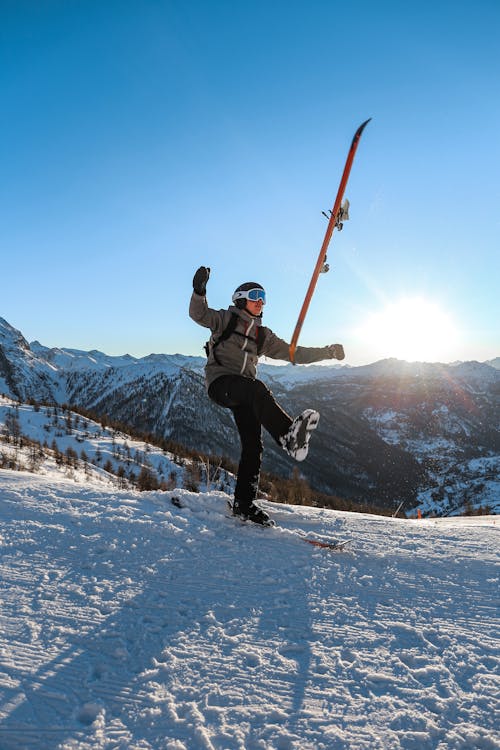x
Our website uses cookies. By continuing to use the site, you agree to our use of these cookies. To learn more about how we use the cookies and how you can manage them, please see our cookies policy.
The ski slopes are where many people choose to enjoy their Christmas. Skiing is an exhilarating sport but does come with risk. Even first-time skiers recognise the dangers, as do the vast majority of the visitors who are fully aware of the hazards and take care to avoid risks. By taking precautions such as ensuring that you have all the required safety equipment and that it is in good order and also it fits you, together with being fully informed as to how to use it. It is most important to know that the bindings, the mechanical devices that attach your boots to your skis and keep them in place, are right for you, all these precautions play a vital part in safety on the slopes. Of course, it goes without saying a helmet is essential.
Giambrone and Partners’ personal injury lawyers have assisted many victims of ski accidents where reckless behaviour has results in injury. Our lawyers are multi-lingual and multi-jurisdictional, which means that in the event of an accident on the ski slopes of Italy, Spain or France that occurred due to the fault of a third party, our lawyers can manage all aspects of a legal case from any jurisdiction.
Often people brush off what they think is a minor accident as they don’t want to spoil their holiday or cause a problem to their companions, even refusing to have a precautionary examination at hospital. A stark example is Natasha Richardson, the English actress, who was unaware her skiing injury was serious and refused medical assistance that would have saved her.
even refusing to have a precautionary examination at hospital. A stark example is Natasha Richardson, the English actress, who was unaware her skiing injury was serious and refused medical assistance that would have saved her.
There may be long term repercussions which are not recognised at the time of the accident; it is better to have your injury properly investigated in case complications arise at a later stage. It is even more crucial to ensure you are uninjured if a third party caused the accident as there will be liability if the accident was caused by recklessness, stating that you have no injuries could complicate legal arguments at a later stage.
The majority of ski slope accidents are from falls, followed by collisions. Whilst it has been suggested that avalanches are increasing it is still a relatively rare event and nearly always affects only people skiing off-piste.
Italy, Spain and France all have laws governing ski safety and defining liability in skiing accidents.
The introduction of national ski safety laws in Italy, such as Law 363/2003, has demonstrably reduced serious injuries, in particular head injuries due to the increased use of helmets. If the injured party wishes to seek compensation through the courts for injuries believed to be caused by a third party, the general tort law principles in Article 2043 of the Italian Civil Code (requiring fault) will apply.
In Spain skiing safety is governed by a combination of national regulations and regional laws. The individual ski resorts also have codes of practice that are expected to be adhered to. If a case for compensation reaches the courts skiing accidents are evaluated under Article 1902 of the Spanish Civil Code, which imposes liability for damages caused by fault or negligence.
In France the International Ski Federation (FIS) Rules are widely recognised and adhered to in French ski resorts. Legal action for compensation is governed by specific legal provisions for skiing under Article 1240 of the French Civil Code and public safety law.
If England and Wales is the jurisdiction for legal action, liability for an accident is subject to what is known as the “but for” test - “but for the other party or organisations conduct or negligence the accident would not have happened”. Establishing such liability at a distance of time requires legal expertise and experience to navigate through the excuses and spurious arguments that will doubtless be presented.
In order to proceed with legal action for compensation if you have an accident which you believe was caused by a third party’s negligence, there are crucial steps you should take to establish their liability. Clearly, if you are seriously injured this information must be gathered at later stage.
Giambrone and Partners’ personal injury lawyers across our offices in Europe and the UK have extensive experience of obtaining compensation for injuries on ski slopes due to a negligence or recklessness, including dealing with arguments fielded by insurers to avoid liability. Our lawyers will guide you through the legal process and ensure that you have the best chance of obtaining the compensation you deserve for your injury.
If you would like to know more or have assistance about obtaining compensation for an accident on the ski slopes that was not your fault, please click here or contact clientservices@giambronelaw.com